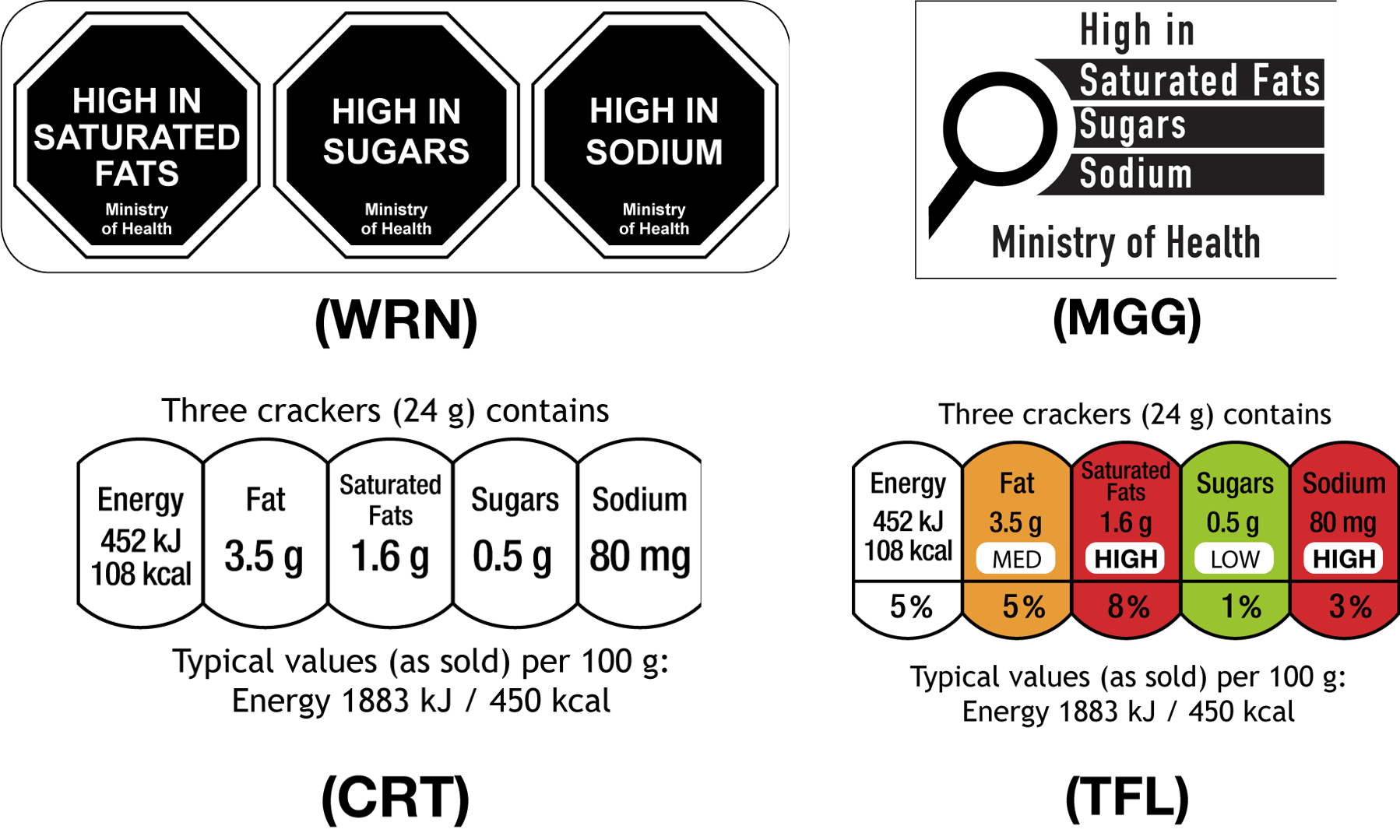9/30 Public Health and Paternalism Position

The position I have chosen is that it is important for the government to ensure that citizens can make informed dietary decisions, but public health policies become excessively paternalistic when they begin to control or restrict people's personal choices. For instance, additional taxes on unhealthy food items have the connotation that there is a consequence for unhealthy consumption and can make people feel "nannied" by the government. However, warning labels on foods such as "high in sodium" and "high in sugars" let people know what they are putting into their bodies if they choose to purchase the items without making them feel like they have to follow a diet of the government's choosing.
A potential objection to my position is that it is not enough to just hope that people can self-regulate with health information provided because the obesity and overconsumption issues are not just about daily choices. However, policies that take action to regulate companies' behavior rather than people's behavior such as requiring nutrition labels and reasonable portion sizes combat corporate motivation to keep people addicted to unhealthy foods for profit. If nutritional information is provided and proper portion sizes are sold, people will not unknowingly over consume or eat unhealthy foods, but they still have the choice to purchase however much they want, which eliminates the “nannying” aspect of public health. If policies were to go beyond informing and start making dietary choices for people, then they create another issue by infringing on people's bodily autonomy and making them feel controlled.
Comments
Post a Comment